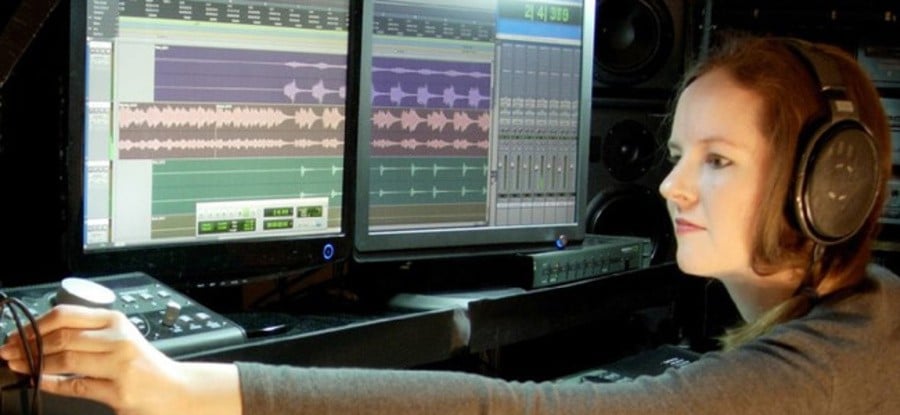
Sometimes great opportunities just fall into your lap, and that’s exactly what happened to us on this occasion. We recently had the chance to chat to game composer and author Winifred Phillips – whose notable works include Assassin’s Creed III: Liberation, God of War, and the LittleBigPlanet series – about her new book, A Composer’s Guide to Game Music. We discussed the novel, as well as game music in general, with the full chat embedded for your reading pleasure below.
Push Square: What was your 'eureka' moment as far as deciding to write this book?
Winifred Phillips: That was my music producer’s idea – Winnie Waldron. She works with me on all of my projects. After we finished music for LittleBigPlanet PS Vita, she suggested that I should think about writing a book. She thought that I had experiences that would be useful to share with other game composers and aspiring game composers, and that a book would be a good way to do that.
In the opening pages of the book, you outline several assets (such as a love of video games or a desire to be on a creative frontier) that are important to game composers. Do you think that any of those assets are more important than the others, or do they share equal levels of significance?
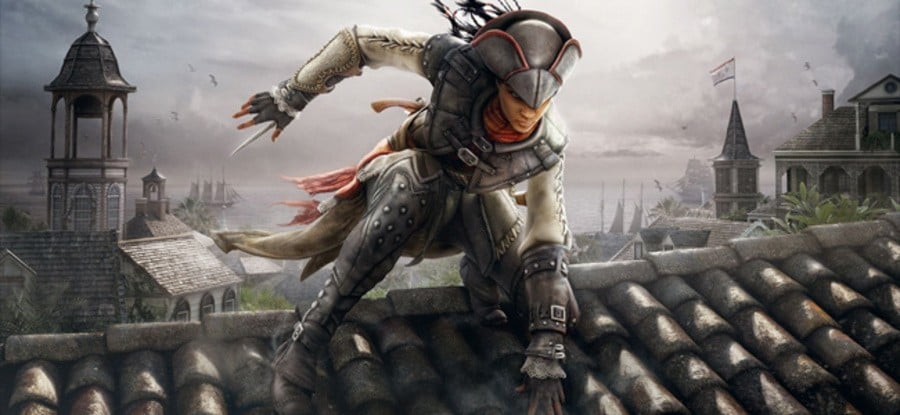
If I had to single out one of those “personality assets of a game composer” that I’d consider especially important, it would have to be “a passion for music composition” – clearly that’s the driving force that propels any composer. However, the emotional connection to the process of music creation won’t necessarily lead a composer to the field of video game composition, so I’d have to also single out the first personality asset on the list – “a love of video games”. When we love games, then we’ll love creating music for them. The two passions should go hand-in-hand, I think.
In the second chapter, you bring attention to the concept that “when we introduce any new technology into the process of creation, it fundamentally changes that process”. Any thoughts on what this next big technology for the creation process might be?
It’s hard to predict what advances will be coming along in the field of music technology – it all moves so quickly! Plus, our estimation of the importance of certain technological advancements will hinge on our own musical genre and workflow. For instance, composers focusing on electronic music might be excited about the recent recreation of the Moog modular, whereas more acoustic-inclined composers might be enthusiastic about bleeding-edge microphones and more advanced studio room treatments. I can’t imagine we’ll ever hit our limits. Tech advancement just seems to accelerate each year.

When it comes to immersion into a game world, there are naturally many factors at play, including narrative, visuals, and, of course, audio. Is there a particular facet of a game that draws you in first?
Since I’m a game audio professional, I always notice the audio first – starting with the music, expanding to the sound design, then taking in the way that the audio is implemented and triggered. My passion is music, though, so sometimes I’ll go into the game’s audio settings and turn the music up, if it’s been mixed a bit low.
Have the things that catch your eye in games changed since you began composing music for them?
Absolutely! When I was gaming just for fun, I only noticed the music in the way that I’d notice film or TV music – as a part of the whole environment, enhancing the experience. I didn’t focus on the music the way that I do now. Once something becomes your profession, you can never perceive it in the same way again – that’s true for any vocation, I think.
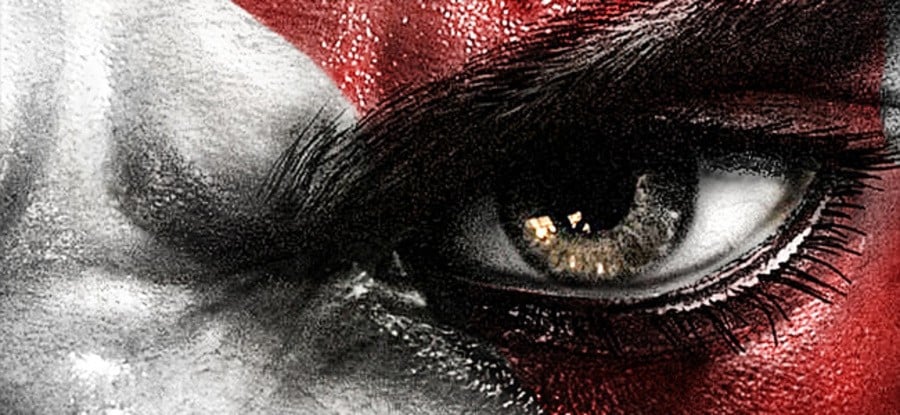
Which medium’s music do you feel has the greatest potential to leave a lasting mark on its consumers? Does the fact that games are an interactive medium allow them to illicit a stronger emotional reaction than something like, say, James Horner’s work on Titanic? Or do you feel that the emotional impact of a piece is more down to the composer that created it rather than the medium with which they worked under?
I think that game music is just an entirely different art form from music for film and TV, which makes it difficult to compare the two. Film and TV music is experienced passively, but game music is experienced while the player is engaged in an activity, so the music becomes part of an ongoing mental process. That completely changes the way that the music is perceived. I wrote about this in my book, and talked about several scientific studies that explored the way in which music affects the brain while engaged in mental activity. Game music has a very powerful influence over the mind of the gamer, but that doesn’t mean that film and TV music aren’t powerful, too – they are just experienced in radically different ways.
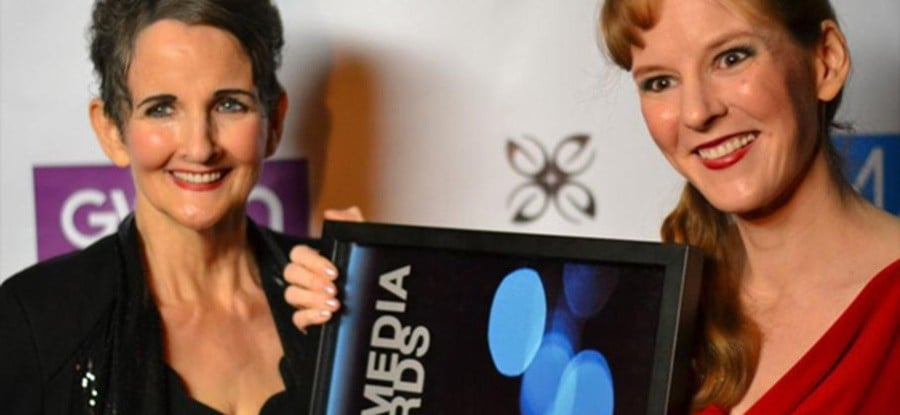
What type of music do you find to be the hardest to create: a main theme, global or ambient tracks, stingers, or any other type?
For me, it’s not the type of music that defines the difficulty. The hardest tracks to compose for a project are the first ones. That first or second track is usually the one in which I’m working my hardest to define the overall musical style of the game. I’m making big decisions that are going to shape the creation of every other track in the game. Those first few tracks can be really difficult to compose.
Is there a particular score or song from a game that resulted in you deciding to get into game music?
I don’t think that it was a particular song – just a moment in which I noticed game music and thought about it in a new way. I was playing the original Tomb Raider, and during the tutorial level – in Lara Croft’s mansion – I turned on some music in the ballroom and just listened. It’s actually kind of rare to just listen to music in a game, without also being required to do something… solve some puzzle, battle some enemy, [or] traverse some obstacle or platform. I was listening to this music and I suddenly thought that I could write music for games.

Is there a particular composer or game whose music you love to listen to?
I listen to a lot of music, and my excitement for a composer or musical genre is usually influenced by the project I’m working on. If I’m writing music in a particular genre, I might be really passionate about a particular songwriter or composer working in that genre – and that will change from project-to-project. In terms of a composer, I listen to regardless of what gig I’m working on… I’ll often find myself revisiting the music of John Adams, the brilliant post-minimalist. I find his pieces tend to jog my own creativity into motion.
Is there a particular style of music that you find works best or enjoy working with the most when it comes to games and game development?
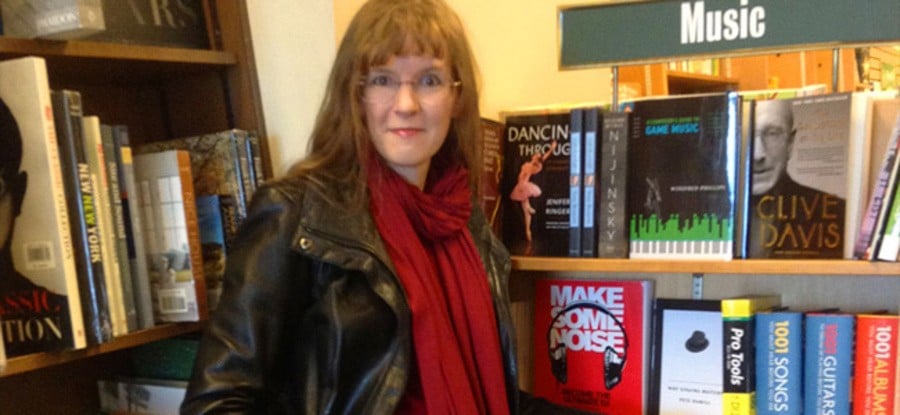
Not really – I try to be flexible. If I had to compose in the same musical genre for every project, it might start feeling uninspiring. I’ve worked on a lot of very eclectic projects, from the funky techno of Speed Racer to the dark orchestral sound and African textures of Assassin’s Creed III: Liberation. I’ve enjoyed the variety in my projects.
Do you have a preferred method of creating your music? Do you like MIDI over live instrumentation? What would your ideal setup be?
My method of creating music is dictated by the needs of the game development studio or publisher. If they’re interested in live instrumentation, then I work in methods that accommodate live musicians. If they want an acoustic simulation or an electronic score, then I focus on MIDI and instrument simulation techniques. I don’t have an ideal setup – I focus on the good of the game and the needs of the team.
What’s next for you? Another book, or a return to the world of game music? A bit of both, perhaps?
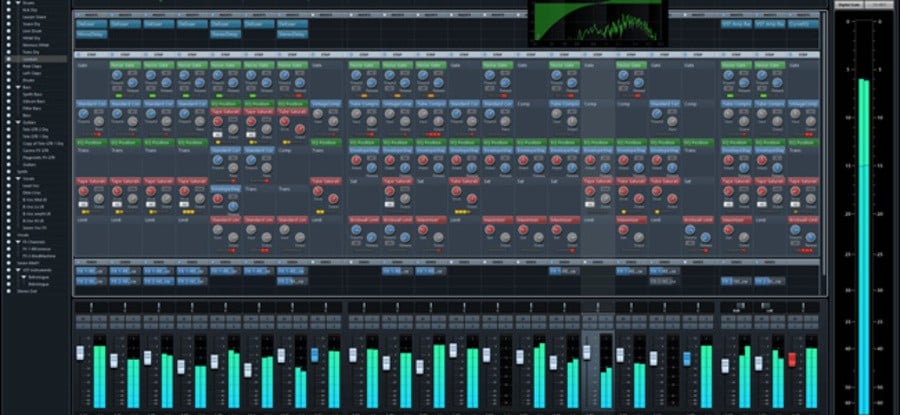
I never stopped composing, even when I was writing the book, and the two endeavours were actually complementary to each other. For instance, at one point I put the book aside to compose the Assassin’s Creed III: Liberation score, and then when I came back to the book, I rewrote it to incorporate my experiences composing music for Liberation.
Which of your scores (or songs) are you proudest of?
I’m working on a couple of projects right now that I’m really excited about – but I’m not allowed to talk about them just yet.
Say you already possess the technical know-how to create. Where would you say is the absolute best place to start should you have any interest in composing for video games yourself?
Once you’re confident in your skills, and assuming you’ve created a portfolio of music tracks that can demonstrate those skills, you have to let the game industry know about what you can do. Research on video game web sites can reveal news about games in early development that might need music – reaching out to those development teams is a good start. Also, industry conventions like E3 and GDC are great opportunities to meet developers and introduce yourself.
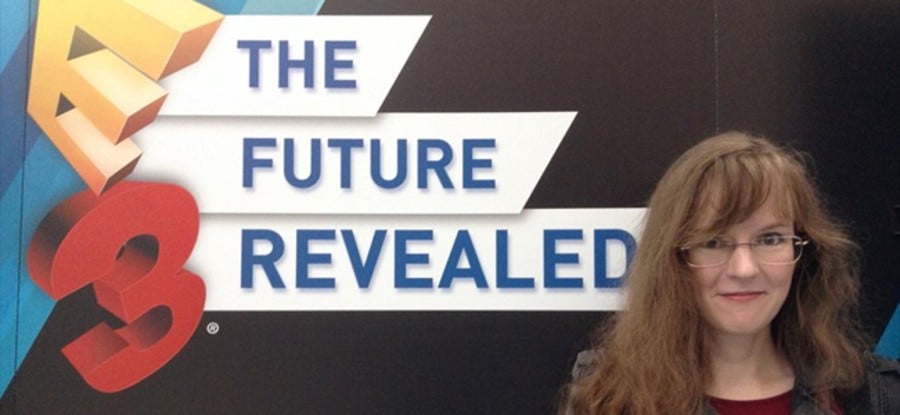
What software is generally used for game composition: a classical composition suite like Sibelius or Finale, or a digital audio workplace like Logic Pro or FL Studio? Or is it a bit of both? How do those making the game approach this issue of live versus MIDI when interacting with the composer?
I’ve seen pretty much everything being used by composers for games – Sibelius, Finale, Digital Performer, Pro Tools, Logic, FL Studio, Reason, Cubase, you name it. The only thing that matters is your personal comfort level with the software, along with its ability to help you to compose your best music. Regarding the development team – they generally receive the music as mastered audio tracks or (more rarely) MIDI files and sound banks, so they don’t have much interest in what software the composer is using to create the music.
What sort of music theory or orchestration technique should a game composer generally know?
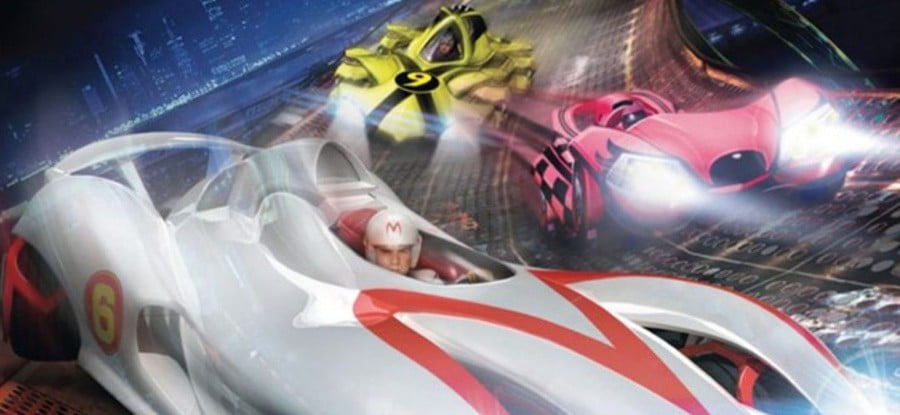
Some composers don’t know any orchestration techniques – they focus on electronic sound palettes and pop music genres. Others work in a symphonic mode and are well-versed in music theory and orchestration. It all depends on the type of music that you want to create.
How does an aspiring game composer develop a compelling portfolio if they’ve never composed for games?
There are a lot of ways to do this. If you’ve composed music for any other purpose (including public performance, television and film, university projects, etc) you should evaluate these compositions and include the best in your portfolio. If this doesn’t yield a deep enough collection of tracks, you might try something called “music replacement”, which involves the composition of music for existing games – you’re essentially replacing the music that was there with your own tracks. Using an existing game in this way is just for your own private benefit, and you can’t identify the resulting music you compose as coming from that existing game – but this process can certainly provide inspiration, and help you to flesh out your portfolio of tracks.

So, there you have it – a most enlightening interview about the many processes involved in the composition of game music. We'd like to thank Winifred Phillips for taking the time out to talk to us, and remember to check back soon for our review of her book, A Composer’s Guide to Game Music.
Comments 2
As someone who has dabbled in music production at a purely amateur/hobby level, I found this a really fascinating interview, and I'm more than a little intrigued by the book. I wonder if one of Winifred's new projects is LittleBigPlanet 3?
Hmm...interesting. I had no idea she was behind so many projects and games. A rather diverse palate.
Show Comments
Leave A Comment
Hold on there, you need to login to post a comment...